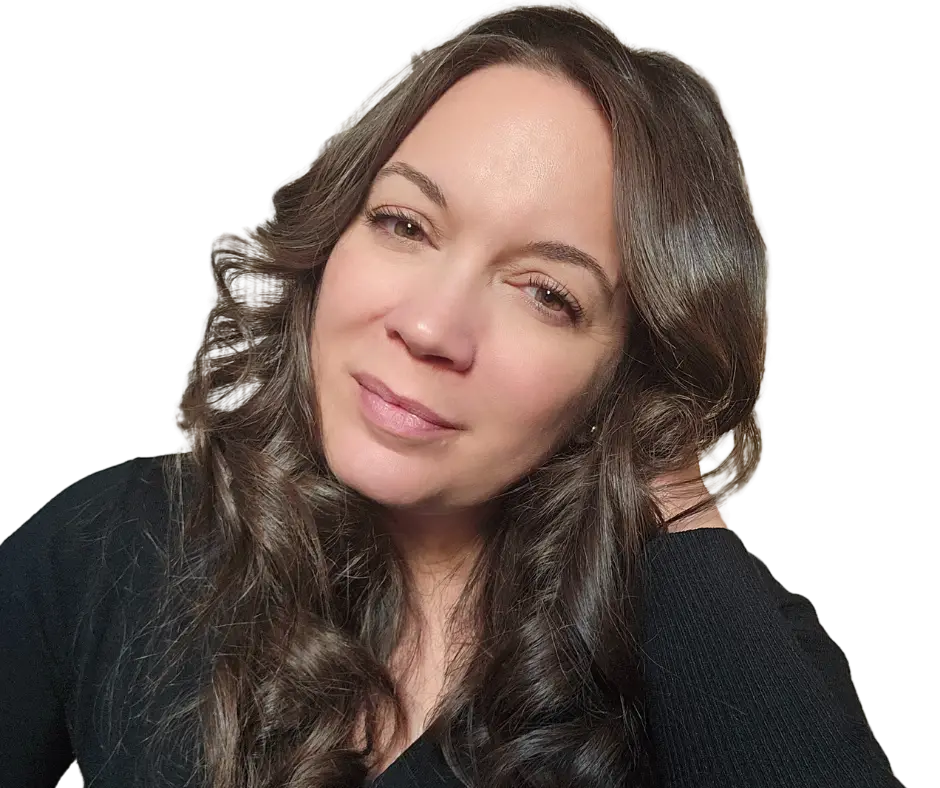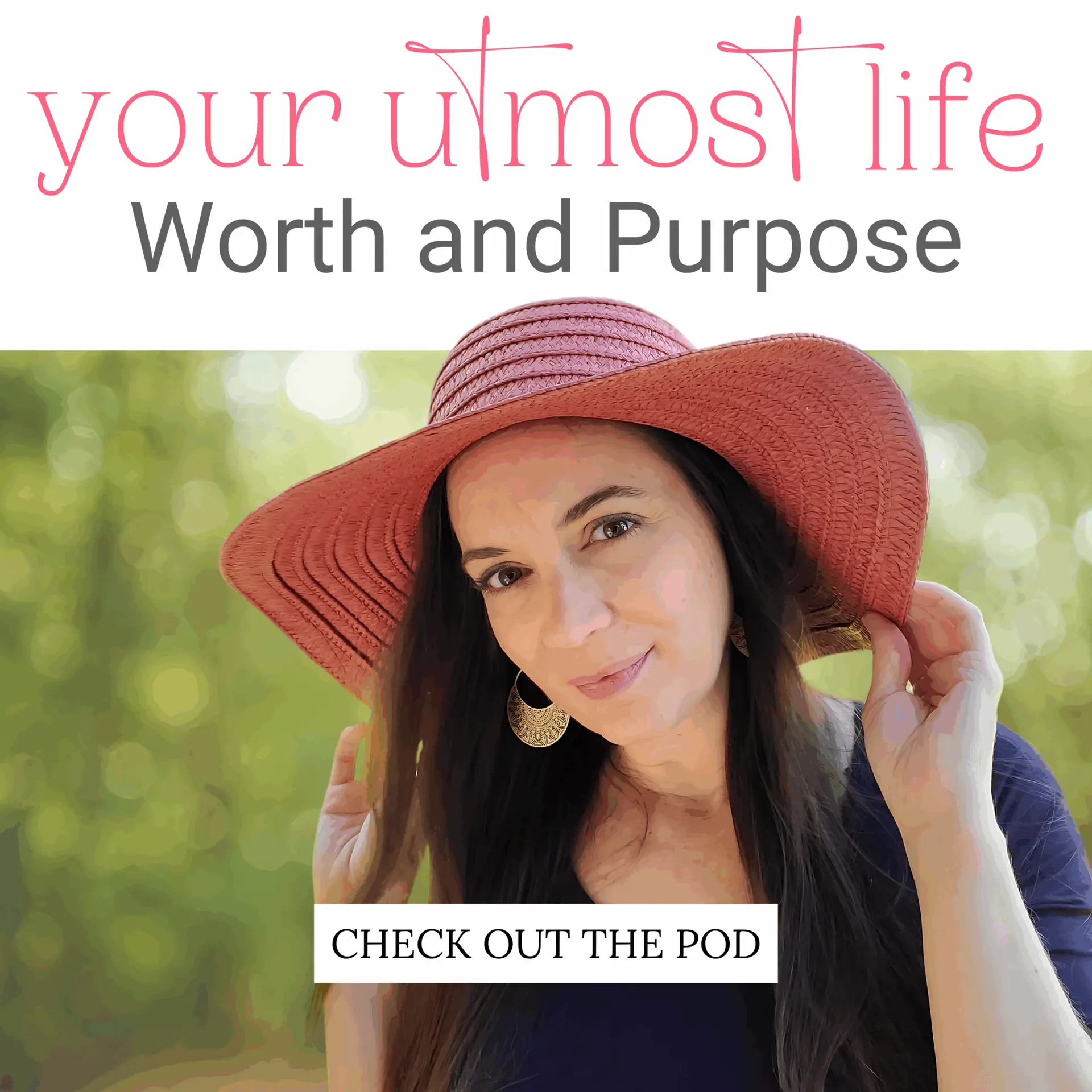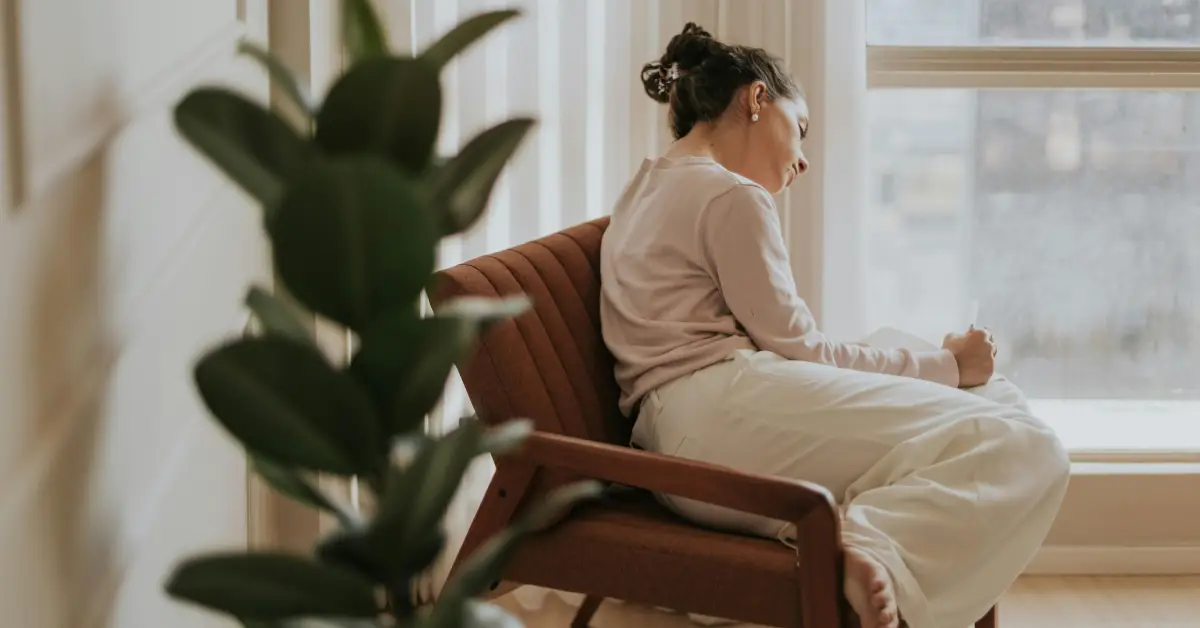The Paradox of Strength: You’re Not Broken, You’re Buried
What if the reason you’re still overwhelmed isn’t because you’re broken—but because you’ve believed you have to fix everything alone? Strong women seeking help don’t view support as weakness; they embrace it as an essential part of their journey toward growth and fulfillment.
Have you ever quickly hidden a self-help book when someone walked in? Or pretended that personal growth video “just popped up”? That split-second shame says more than we realize. It’s a signal. A deeply ingrained belief whispering: You shouldn’t need help.
For years, I lived by that belief. Not consciously. But it shaped everything. I showed up, smiled, served. And silently wondered: Why does everyone else seem to have it all together? The harder life got, the more I blamed myself for not being stronger.
Today, I want to expose a belief that is quietly exhausting you. It’s the lie that needing help means you’re broken. This lie keeps you isolated and stuck, disconnected from the peace and freedom that only come when you embrace your full humanity.
Let’s rewrite that story.
The Cultural Trap: Why Strong Women Are Conditioned to Avoid Help
This harmful belief didn’t start with you. Our culture idolizes
independence. “Pull yourself up by your bootstraps.” “Don’t air your dirty laundry.” We praise “strong” women who carry impossible loads with a smile, and we shame those who seek help as weak.
But that’s not strength. That’s survival in a costume.
Here’s what strong women seeking help know: Asking for support isn’t weakness. It’s wisdom. It’s a sign of commitment to growth. According to research published in the Harvard Business Review, 92% of leaders who received coaching reported improved teamwork, while 73% experienced improved relationships with direct reports. Among top-performing athletes, executives, and artists, 95% work with coaches or mentors regularly.
The data is clear: Strong women seeking help outperform those who don’t.
When you believe needing help makes you broken, you get trapped in a paradox: You want to grow but feel ashamed for even wanting to. You can’t get better without support, but you see asking as failure.
Truth bomb: You’re not broken. You’re wise. And you’re buried beneath years of messaging that told you otherwise.
The Hidden Cost of Self-Reliance: My Personal Journey
From the outside, I had it all. A successful life. A happy family. A strong marriage. But inside, I was drowning.
I hid my self-help books. I downplayed my anxiety. I lied to myself and others because I thought strong women don’t need help.
But I wasn’t hiding because I was weak. I was hiding because I was silently fighting to not stay broken.
Maybe you’ve done the same:
- Cried in your car and told your family you went to Target.
- Skipped therapy recommendations because you didn’t want to explain.
- Closed browser tabs when someone walked by.
That kind of hiding creates isolation when you most need connection.
According to a 2023 study from the American Psychological Association, women who maintain a “strong, independent” persona while struggling internally report 47% higher levels of anxiety and 39% higher levels of depression than those who openly seek support.
Eventually, I reached out—through books, podcasts, therapy. And yes, it felt shameful at first. But the relief, clarity, and transformation that followed? That was real strength.
Seeking help didn’t expose my weakness. It ignited my healing.
The Science of Support: Why Strong Women Need Community
Research consistently shows that humans are neurologically wired for connection. A landmark study published in the Journal of Health and Social Behavior found that social isolation increases mortality risk by 29%.
Meanwhile, women with strong support networks show greater resilience against stress, with cortisol levels averaging 23% lower during challenging situations.
Strong women seeking help aren’t going against their nature—they’re aligning with it.
Consider these statistics:
- Women who participate in support groups report a 35% increase in self-efficacy compared to those who don’t
- Regular therapy or coaching correlates with a 40% improvement in decision-making clarity
- 78% of women who seek mentorship report achieving their goals faster than those who don’t
When you view support as a strategic advantage rather than a weakness, everything changes. You’re not failing at independence—you’re succeeding at connection.
5 Practices Strong Women Use to Embrace Help Without Shame
1. Cultivate Conscious Awareness: Spot the Belief
Start by noticing when this belief shows up:
- When you hide a book
- When you hesitate to ask a question
- When you silently say, “I’ll just handle it myself.”
Don’t judge. Just observe. Awareness breaks the automatic shame cycle. It puts you back in charge.
A study from the Mindfulness Research Center found that simply labeling emotions reduces amygdala activation by up to 43%. When you name the shame, you tame it.
2. Build Your Evidence Portfolio
Keep a “Growth Resume.”
- Track every time help made a positive impact
- Document specific outcomes from books, courses, or conversations
- Note the ripple effects of your growth on others around you
This becomes proof against the lie. Let it speak louder than your shame.
Women who maintain “success journals” report 57% higher confidence levels when facing new challenges, according to research from the Journal of Applied Psychology.
3. Reframe Help as Strategic Investment
Stop calling it self-help. Call it self-investment.
Asking for support is not about fixing a broken you—it’s about strategically investing in your greatest asset: yourself. It’s what 83% of high-performing leaders do regularly, according to a Stanford Business School survey.
Ask yourself: Who taught me needing help was shameful? Then decide what you want to believe instead.
4. Practice Graduated Exposure: Take Small, Safe Steps
Begin with what feels safe:
- Listen to a podcast on your walk
- Journal privately
- Join anonymous online communities
Then build:
- Share a favorite podcast with a friend
- Comment on a growth post
- Attend a workshop or group session
Then advance:
- Work with a coach or therapist
- Join a mastermind group
- Become a vocal advocate for support-seeking
Every step is a seed. And those seeds grow into freedom.
Women who follow this graduated approach to seeking support report 68% less anxiety about judgment than those who attempt large, visible changes immediately.
5. Transform Discomfort into a Growth Signal
Discomfort doesn’t mean you’re wrong. It means you’re growing.
When shame scripts pop up (“Why can’t I get it together?”), try this instead:
“This is me choosing healing over hiding. And that’s not weakness—that’s wisdom.”
Neuroscience confirms that growth happens at the edge of comfort.
According to research on neuroplasticity, discomfort during learning actually strengthens neural connections, making new behaviors more sustainable long-term.
Strong women seeking help learn to recognize discomfort as a necessary signpost. Not something to avoid—but something to move through.
Breaking the Generational Pattern: Modeling Strength for Others
When you embrace help openly, you don’t just change your life—you change the narrative for everyone watching you.
Consider this:
- Girls who see their mothers seeking appropriate help are 3.4 times more likely to do the same when needed
- Teams led by managers who model vulnerability and support-seeking report 41% higher psychological safety scores
- Communities with visible leaders who normalize help-seeking show significantly higher rates of preventative care and mental health utilization
By redefining what it means to be a strong woman seeking help, you create permission for others to do the same. This ripple effect can’t be underestimated.
From Surviving to Thriving: The Transformation Journey
The Initial Resistance Phase
When you first begin seeking help, expect resistance—both internal and external. According to transition psychology research, 76% of people experience an initial increase in discomfort when changing established patterns. This is normal.
Your brain interprets pattern changes as potential threats. Your social circle may subtly reinforce old behaviors. This doesn’t mean you’re doing something wrong—it means you’re doing something different.
The Integration Phase: Finding Your Support Style
As you continue your journey as a strong woman seeking help, you’ll discover your unique support style. Some thrive with one trusted advisor. Others prefer group settings. Some need structured accountability, while others benefit from informal check-ins.
A study of over 5,000 professional women found that those who customized their support systems to match their personalities reported 63% higher satisfaction with outcomes than those who followed generic advice.
There’s no one-size-fits-all when it comes to seeking help. The strongest step is the one that feels right for you—the one that honors where you are and what you need in this season.
The Expansion Phase: From Seeking to Sharing
What often happens—and it’s so beautiful—is that as women begin to heal and grow, they naturally shift from simply receiving support to also offering it. Not because they’ve “arrived,” but because they’ve discovered something worth passing on.
It’s a powerful ripple effect—where the support you once needed becomes the strength you now offer.
Research shows that women who both give and receive support experience greater benefits than those who only do one or the other. This balanced approach correlates with a 58% increase in reported life satisfaction.
What Becomes Possible When You Embrace This Truth
Imagine:
- Living without the pressure to have it all together
- Building deeper relationships rooted in honesty
- Solving real problems instead of pretending they don’t exist
- Modeling strength and self-awareness for your children
- Using your energy for growth, not performance
You don’t just heal when you embrace help—you rise.
You model a new kind of strength. You make space for others to do the same. You stop asking, “What’s wrong with me?” and start asking, “What if I’m not broken—but buried?”
Final Words: Strong Women Rise Together
Your journey doesn’t require perfection. It requires truth.
So this week, notice when the shame script shows up. Speak a new truth over it: “I am not broken. I am growing. I am not weak. I am wise.”
Take one small step. Read. Ask. Share. Seek.
You don’t need to have it all figured out to start. You just need to be brave enough to begin.
You are not too much. Not too late. Not too broken.
You are a strong woman seeking help—and that makes you not just strong, but unstoppable.
Want to continue the conversation? Share this post with a woman in your life who might need to hear it, or leave a comment below about your own journey with seeking support.














